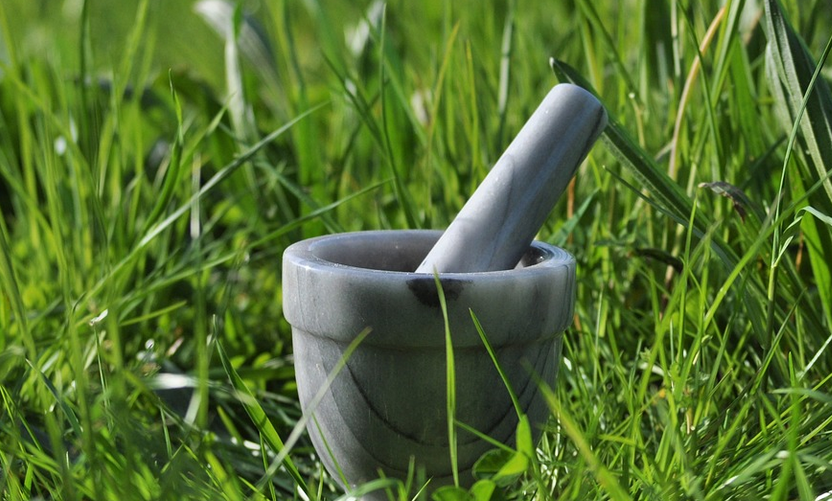Introduction
If you own a horse, you know how important it is to take care of their eyes. Horses can easily get infections, allergies, or injuries that can cause discomfort or even blindness. That’s why atropine sulfate ophthalmic ointment is a must-have in your equine first aid kit. In this article, we will discuss everything you need to know about atropine sulfate ophthalmic ointment for horses.
What is Atropine Sulfate Ophthalmic Ointment?
Atropine sulfate ophthalmic ointment is a medication used to dilate the pupils of a horse’s eye. It is an anticholinergic drug that blocks the action of acetylcholine, a neurotransmitter that causes the pupil to constrict. By dilating the pupil, atropine sulfate ophthalmic ointment allows the veterinarian to examine the eye more thoroughly, diagnose any underlying conditions, and administer other medications if necessary.
When is Atropine Sulfate Ophthalmic Ointment Used?
Atropine sulfate ophthalmic ointment is used in various situations, such as:
Eye Exams:
Veterinarians use atropine sulfate ophthalmic ointment to examine the horse’s eye thoroughly. It also allows them to diagnose any underlying conditions, such as cataracts, glaucoma, or uveitis.
Eye Injuries:
If a horse has an eye injury, atropine sulfate ophthalmic ointment can help reduce pain and inflammation. It can also prevent the pupil from constricting, which can cause further damage to the eye.
Eye Surgery:
Atropine sulfate ophthalmic ointment is used before eye surgery to dilate the pupil, which allows the surgeon to see the eye’s internal structures better.
How is Atropine Sulfate Ophthalmic Ointment Administered?
Atropine sulfate ophthalmic ointment is applied topically to the eye. The veterinarian will usually clean the eye first and apply a local anesthetic to reduce any discomfort. Then, they will apply a small amount of ointment to the eye, usually once or twice a day.
Are There Any Side Effects?
Atropine sulfate ophthalmic ointment is generally safe when used as directed. However, some horses may experience side effects, such as:
Increased Heart Rate:
Atropine sulfate ophthalmic ointment can cause an increase in heart rate, especially in horses with underlying heart conditions.
Dry Mouth:
Atropine sulfate ophthalmic ointment can cause dry mouth, which can lead to decreased appetite and weight loss.
Behavioral Changes:
Some horses may become more agitated or restless after receiving atropine sulfate ophthalmic ointment. If you notice any of these side effects, contact your veterinarian immediately.
Conclusion
Atropine sulfate ophthalmic ointment is an essential medication for any horse owner. It can help diagnose and treat various eye conditions, reduce pain and inflammation, and aid in eye surgery. However, it’s essential to use it as directed and watch for any side effects. If you have any concerns about your horse’s eye health, contact your veterinarian.

